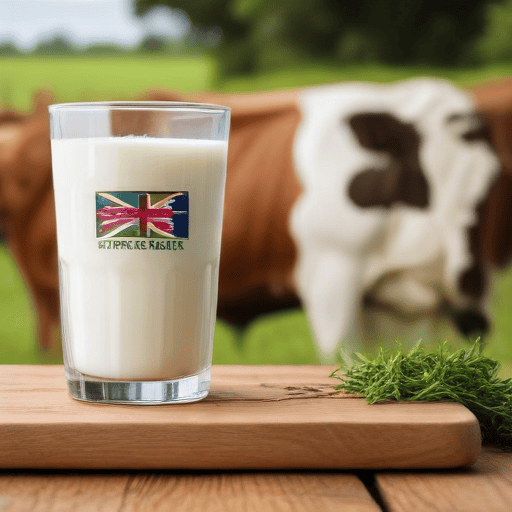Tomasi Tunabuna, the Assistant Minister for Agriculture and Waterways, recently visited the Sigatoka Research Station to discuss the Embryo Transfer cattle program with local livestock officers. During his visit, Tunabuna emphasized the importance of innovative strategies to improve the livestock industry, particularly regarding its benefits to local farmers.
He praised the officers for their dedication and encouraged ongoing research efforts critical for the sector’s growth and sustainability. Tunabuna reaffirmed the ministry’s commitment to developing a robust, economically advantageous, and sustainable beef and dairy industry, highlighting the significant role that research at Sigatoka plays in achieving this vision.
The livestock team presented cutting-edge technologies, notably the Embryo Transfer program. This initiative includes implanting high-quality cattle embryos into local cows, which is aimed at producing improved, climate-resilient, and high-yielding breeds. Agriculture Officer Jovilisi Tabuyaqona provided insight into the procedure, which consists of collecting and fertilizing embryos before implantation, as well as enhancing cattle nutrition, pastures, and enclosures to support healthier livestock.
Currently, the Sigatoka Research Station oversees 288 cattle of various breeds, including Senepol, Droughtmaster, Wagyu, F1 Cross, and Brown Swiss.
This exciting development in Fiji’s agricultural sector demonstrates a proactive approach to enhancing local farming practices and ensuring that farmers can thrive.
In summary, the commitment shown by the ministry and the livestock officers towards advancing the beef and dairy industry could lead to sustainable agricultural practices and improved livelihoods for local farmers. Such initiatives not only contribute to food security but also foster economic growth in the region.

Leave a comment